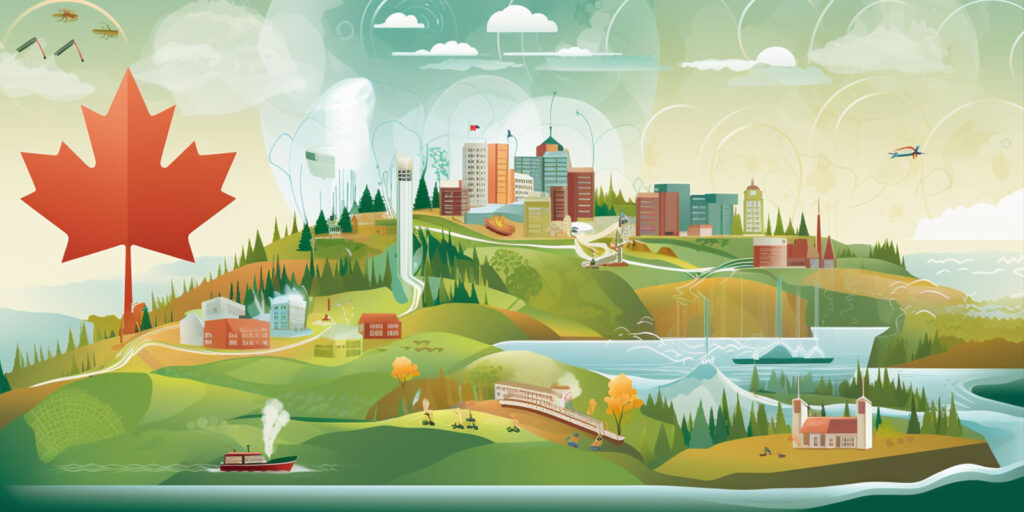October 17, 2018 marked the beginning of a new era for Canada with the legalization of recreational cannabis. Five years after this historic decision, it is time to take stock and look at the consequences of this measure.
Sommaire
ToggleFears expressed before legalization
Before the legalization of recreational cannabis in 2018, many debates around its potential effects were taking place not only within the Canadian population, but also in other countries where this issue was also discussed. Political figures such as the American governor of Nebraska, Pete Ricketts, and the German politician Markus Söder, have expressed concerns about the potential danger of cannabis, particularly for young people.
The predicted apocalypse did not come to pass
According to Jean-Sébastien Fallu, associate professor at the School of Psychoeducation at the University of Montreal, it is still too early to draw definitive conclusions on the consequences of legalization. However, he emphasizes that the catastrophe predicted by some did not occur. As for the consequences on the health of the population, Jean-Sébastien Fallu believes that this should be studied over a longer period to obtain relevant results.
The results of the legal cannabis sector
The Canadian Cannabis Council, which brings together cannabis license holders registered with Health Canada, took advantage of this anniversary to take stock of the challenges facing the industry. A recent survey conducted by the organization highlights the urgent need for government reforms to boost this sector and ensure its continued growth as well as its contribution to the public policy objectives of the Cannabis Act.
- The survey collects responses from 122 licensed cannabis producers across the country,
- It highlights regulations that are too complex and rigid,
- The challenges also include combating the black market.
Changes needed to support the industry
To allow the legal cannabis sector to fully develop, it seems essential that the Canadian government make some legislative and regulatory adjustments. The changes could involve simplifying the current regulations, which professionals in the sector consider too complex and restrictive, or implementing more effective measures to counter the persistent black market.
In short, the results of these five years of cannabis legalization in Canada seem rather positive overall, even if there is still a lot of work to be done to consolidate this booming sector. Adjustments to government policies and a more in-depth study of the health consequences are therefore necessary to ensure the harmonious development of the cannabis industry in the years to come.
A model for other countries to follow?
Canada was the second country in the world, after Uruguay, to legalize recreational cannabis and has since sparked the interest of many nations charting their own paths towards legalization. Countries such as Germany and Kenya have also started discussions around this issue, taking into account the Canadian experience on this subject.
The legalization of cannabis in Canada can thus serve as an example to other countries considering making a similar decision. The successes and challenges encountered by the legal cannabis sector in Canada could allow these nations to adapt their legislation, regulations and public policies appropriately.
In conclusion, the results of this first half decade of cannabis legalization in Canada are generally positive, despite some adjustments that remain to be made. The Canadian situation also appears interesting for other countries in the world that would like to embark on the path to legalization.



